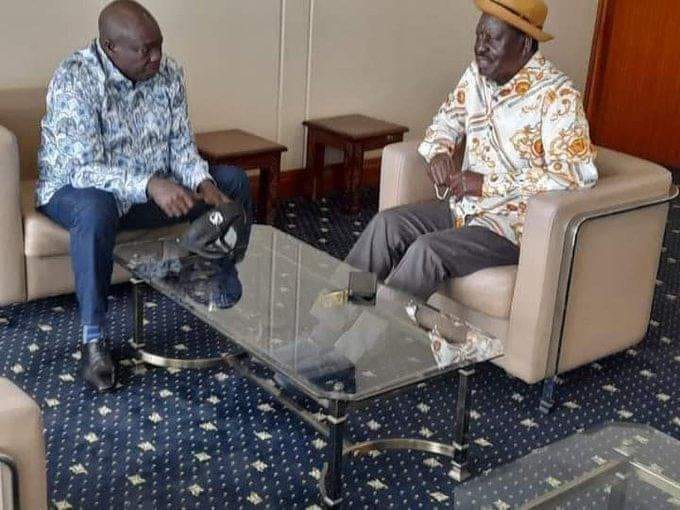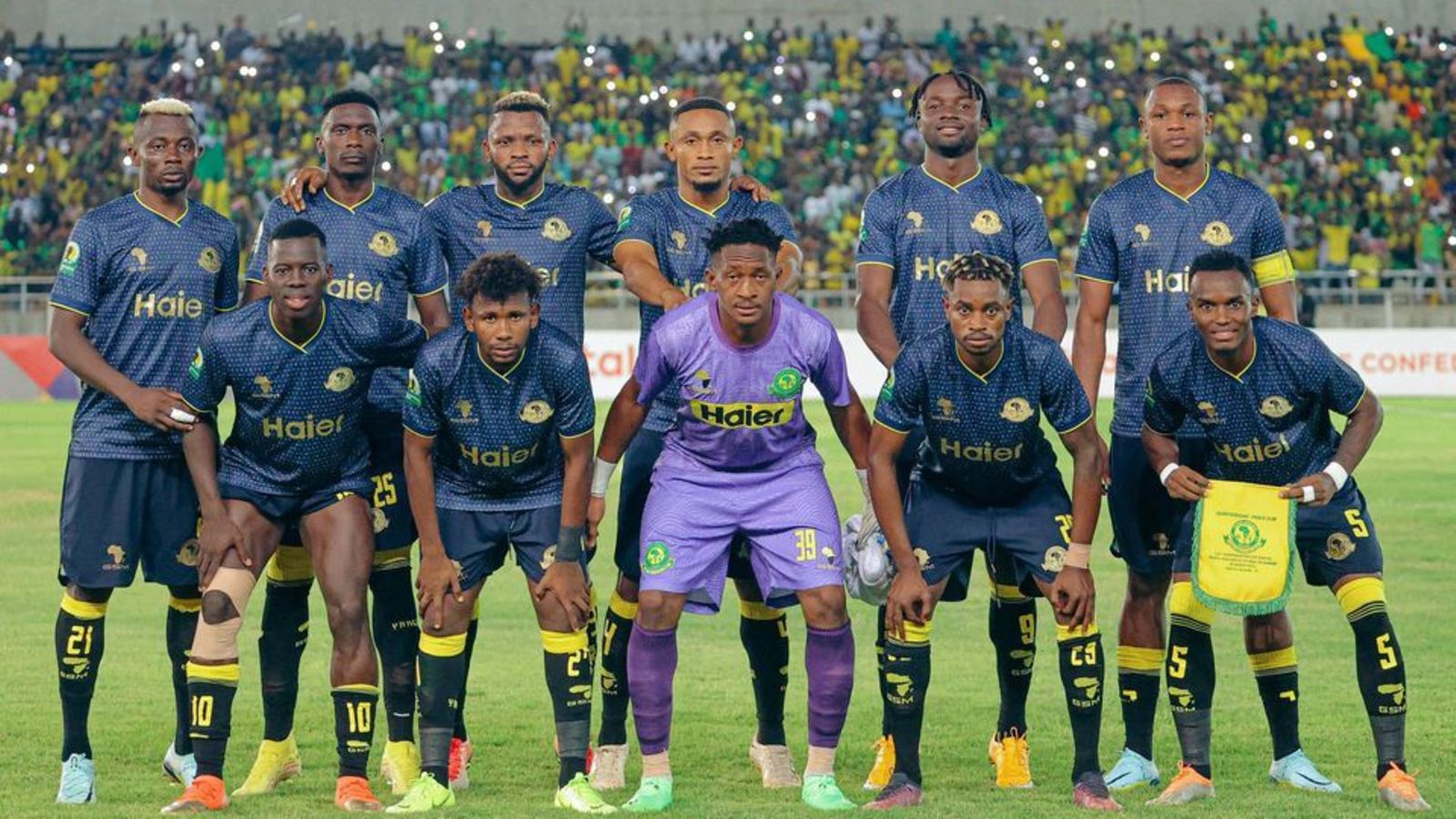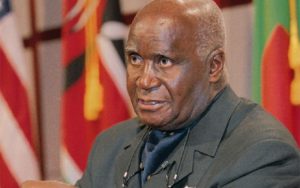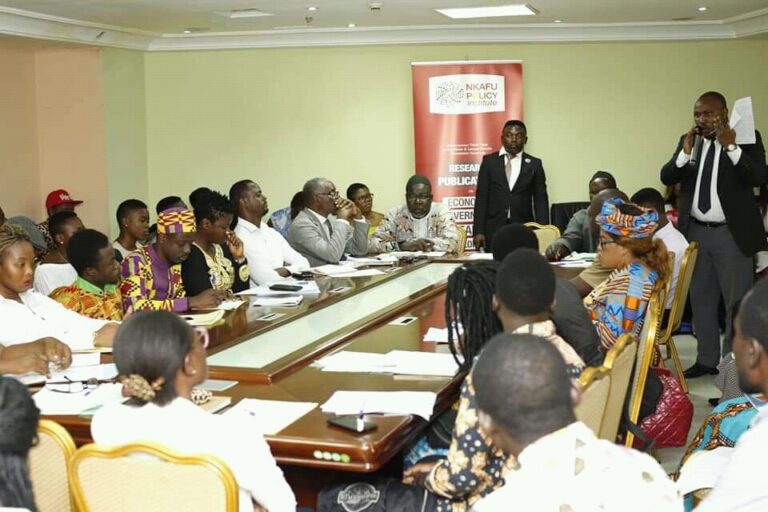It is my submission that presidents owe us good governance when they are in office and owe us another obligation when they retire - and that is to explain to the nation the reasons they made certain choices of crucial importance when they were in power. Even if some explanations may be informed by post-facto justifications and not afore-thought decisional predilections, they are still worth more than nothing at all. There are so many questions that require answers concerning the governorship of the most consequential president in Zambian history. This is the president who delivered us from colonialism, the president who stitched the nation together when it could have torn itself into tribal and regional fiefdoms; the Barotse region wanted independence, Nkumbula after being the second leader of the independence party after Lewanika, was sidelined to heading a party centred in Southern Province. The president put together the most tribally-representative cabinet to date, including well-educated and technocratic ministers; the president built the first university; the first president decided that aiding the liberation movement at great economic and political and other costs to the nation was a worthy goal; the president determined that social spending in health and education was the way to go; he decided that it was a great call to encourage diversification into agriculture by giving cheap loans for fertilizers and agricultural equipment and to build farrows (migelos) to stem soil erosion; that national military service for students built national character; that ‘one Zambia one nation’ should be pursued; that non-alignment in international politics was a safer foreign policy method; that the Tazara Railway line be built by the Chinese and that Zambia become a one-party state; and more than a million other decisions. A lot of questions have been raised. We need answers. What influenced Dr. Kaunda to make all the crucial decisions indicated above? Why and by what processes? How? Does he regret any one of them? Could he have appointed another minister and not the other one? How and why did he ignore tribal sentiments and how did he handle tribal sentiments? If he were to govern now, what would he do the same or differently? A lot of former presidents have written books after leaving office. I like the books written by Jimmy Carter and Bill Clinton. Ian Smith's book is a dynamite. De Clerk has written a book. Mandela wrote several books after leaving office. Tony Blair has explained why he did what he did. Fidel Castro's book is second to none. Obasanjo of Nigeria has several books written by him with the assistance of my former colleague from Canada. Nkrumah is my hero in writing books. And so on. Current leaders can learn a lot from books authored by previous presidents. The nation of Zambia would benefit tremendously from hearing from President Kaunda. Maybe some of the criticisms about his governorship would be tempered if we heard directly as to why he made certain policies and decisions. One of the easiest books to write is a presidential memoir. Presidents have daily memo and appointment books. There are minutes written of most things they do. The people they meet, like other presidents, also keep daily official minutes. The president's life is regimented so it is easy to obtain the information from the diaries which are official and from other official documents. The books of Mandela, Clinton, Carter, Blair and so on clearly indicate that they are derived from official diaries. A president can fill in the gaps. So why not write now, Dr. Kaunda? This is not for personal gratification. It is for the benefit of Zambia. Presidential immunities continue after leaving office, so should the obligation to impart knowledge and experience to Zambia through a book or books. I also know how easy it is to write from dairies and documents. I penned my book ‘Thoughts Are Free: Prison Experience and Reflections on Law and Politics in General’ (1992) from the existing raw materials and recollections and talking to friends who experienced some events at the same time. A president can have a team of authors or ghost-writers. It is permitted. It is not a secret. I am reliably informed that President Kaunda has a book but that one of his children is said to have spirited it away and it has not been released. That book if it exists is not a family book. It is a common heritage to Zambia and humankind for their benefit. President Kaunda will forever remain the most important and consequential leader Zambia ever had, thus he owes us as Zambians, the benefit of the gravitas that enabled him to steer the Zambian ship safe to harbour for 27 years. West Africans have a saying that when an old man dies, a library burns to the ground. Can you imagine how many millions of libraries burn when a President dies? President Kaunda, where is the book?
* Source Pambazuka. Dr. Munyonzwe Hamalengwa teaches law at Zambian Open University and is the compiler of ‘The Case Against Tribalism in Zambia’. He is also the author of ‘Thoughts Are Free.’

















